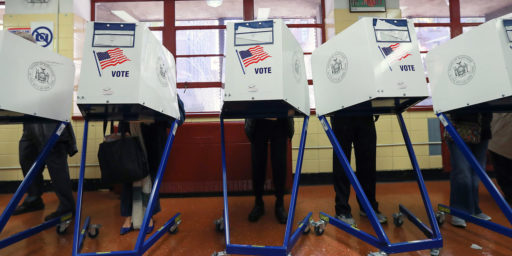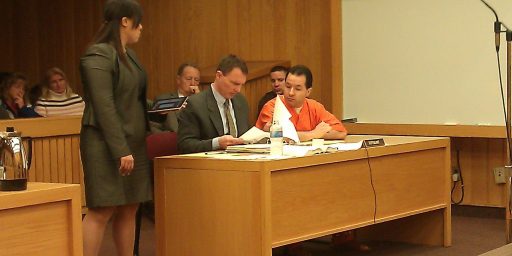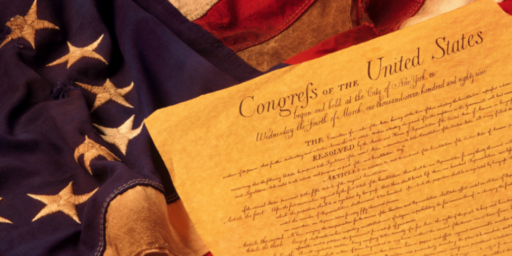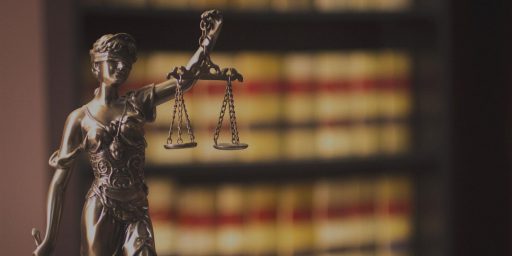Criminalizing Bad Outcomes
I try, as a matter of principle, to disagree with Alan Dershowitz whenever possible. He makes it very difficult with this:
The laws regulating financial manipulation are anything but clear. The government’s weapon of choice in such cases is mail fraud—an accordion-like and elastic law if there ever was one. To constitute mail fraud, the underlying conduct need not even be criminal—that is, it need not be prohibited by any specific provision of criminal law. It is enough that it may deprive the employee of the defendant of his “honest services,” whatever that may mean.
Over the years, this phrase has been stretched beyond the breaking point to include disclosure of confidential material, billing irregularities and violations of the internal guidelines of private companies. As Sen. Patrick Leahy, chairman of the Senate Judiciary Committee, told the FBI, “if people were cooking the books, manipulating, doing things they were not supposed to do, then I want people held responsible.”
The essence of fair criminal law, however, is adequate notice to the defendant that his actions were criminal, not merely that he was doing something he was “not supposed to do.” If the law wants to make it a crime to “manipulate” then it should define that concept and make it a specific crime rather than including it within the vague concept of fraud, or the even vaguer concept of honest services.
There is a considerable risk of scapegoating individuals who honestly believed they were going right up to the line but not over it. After an economic catastrophe, there is a tendency to move the goal posts and to make criminal that which was deemed acceptable before the catastrophe, but is now—retroactively—regarded as something investment bankers “were not supposed to do.” This violates the spirit, if not the letter, of the constitutional prohibition against ex-post facto laws.
I’m not sure where Derschowitz stands on the matter of fraud law; certainly, I think that it ought to be possible to prosecute people for genuinely cheating people even if we haven’t codified the illegality of a particular crooked scheme into the law. But, as a general matter, he’s right: People have a right to know what the law is. The corollary to that is that they have a right to expect to be able to operate on this side of the line without fear that the line will be moved after the fact.






Watching the right hand, James, you miss the left. People suspect that they might have messed-up in complex legal matters and then try to minimize it to federal investigators. They are charged with the lie, which is easier to prove. One, two . . . knockout.
Which is pretty much what a skillful prosecutor can do via the conspiracy laws.